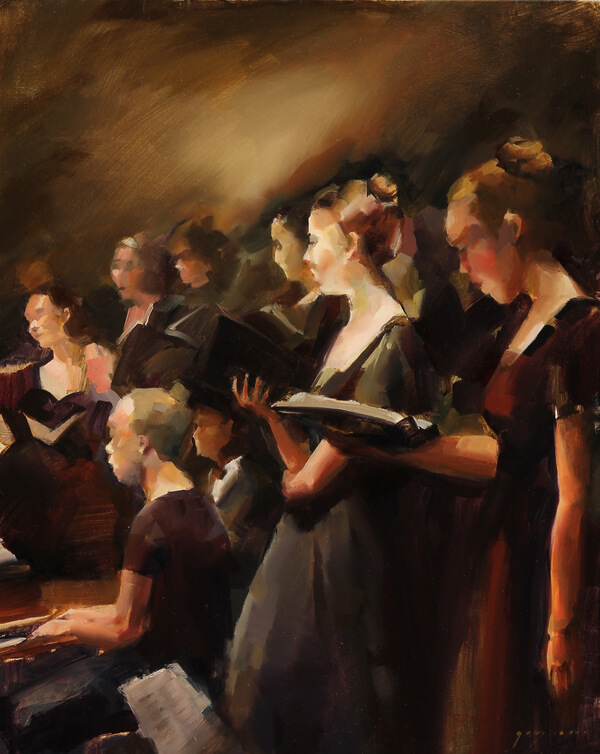Becoming as a Child

And Jesus called a little child unto him, and set him in the midst of them,
And said, “Verily I say unto you, unless ye be converted and become as little children, ye shall not enter into the kingdom of heaven.
Whosoever therefore shall humble himself as this little child, the same is greatest in the kingdom of heaven. And whoso shall receive one such little child in My name, receiveth Me.” – Matthew 18:2-5




